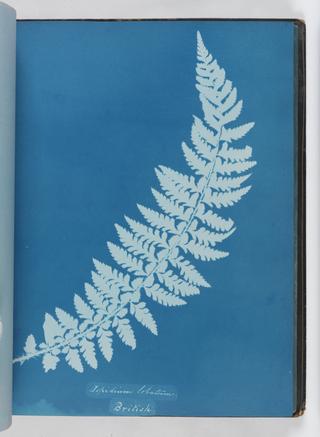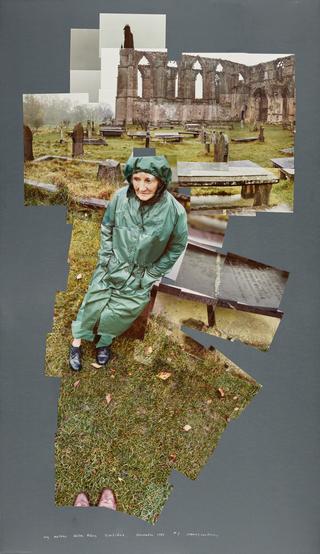
Pompeii, The Temple (called that of Jupiter)...
Daguerreotype of Pompeii, Italy, taken by Alexander John Ellis (1818-1890),on12 May 1841.
It is entitled 'Pompeii, The Temple (called that of Jupiter) at the northern extremity of the Forum'
Ellis made eight daguerreotypes in Pompeii between April 21 and May 12, 1841, also taking daguerreotypes in nearby Paestum at the same time.
In 1839, the Daguerreotype, invented by Louis Jacques Mande Daguerre (1787-1851), became the first photographic process to be announced to the public. A highly-polished silver surface on a copper plate was sensitised to light by exposing it to iodine fumes. After exposing the plate in a camera it was developed with mercury vapour. Daguerreotypes are unique images which may appear as a positive or negative depending on how light hits the surface. Between Easter 1840 and the summer of 1841 Alexander Ellis toured Italy, taking daguerreotype panoramas, landscapes and architectural views. In total, Ellis took or acquired 159 daguerreotypes. He intended to publish engravings made from these as a book entitled 'Italy Daguerreotyped', but sadly the project was never realised.
Details
- Category:
- Photographs
- Object Number:
- 1890-56/PP6
- Materials:
- wood (unidentified), copper (alloy), silver plated and glass
- type:
- daguerreotype
- credit:
- National Media Museum, Bradford



